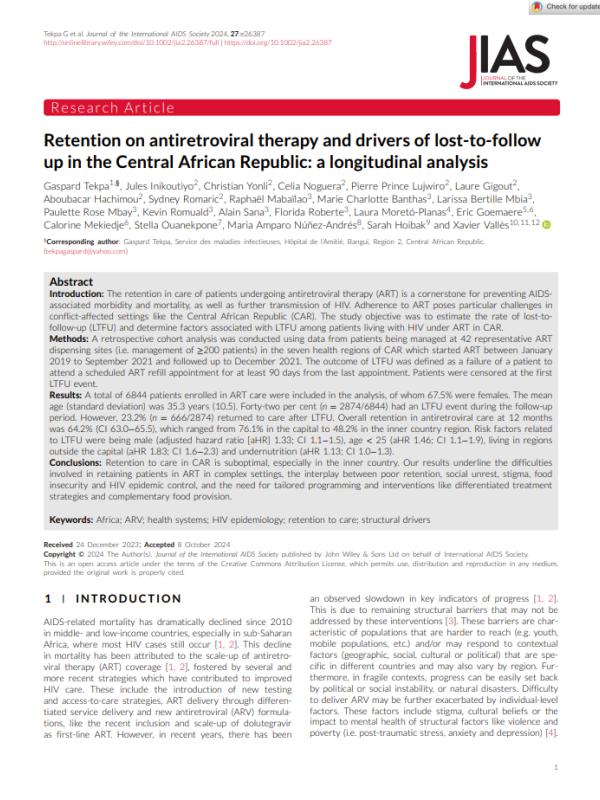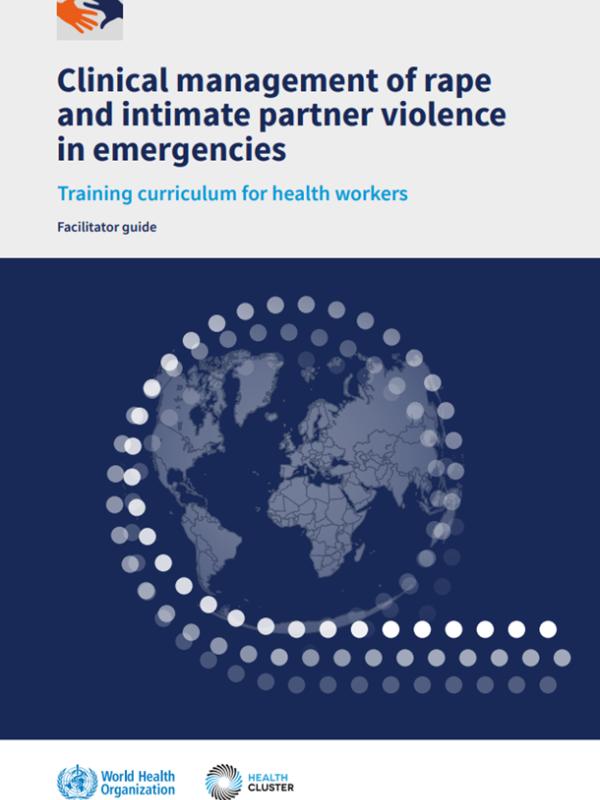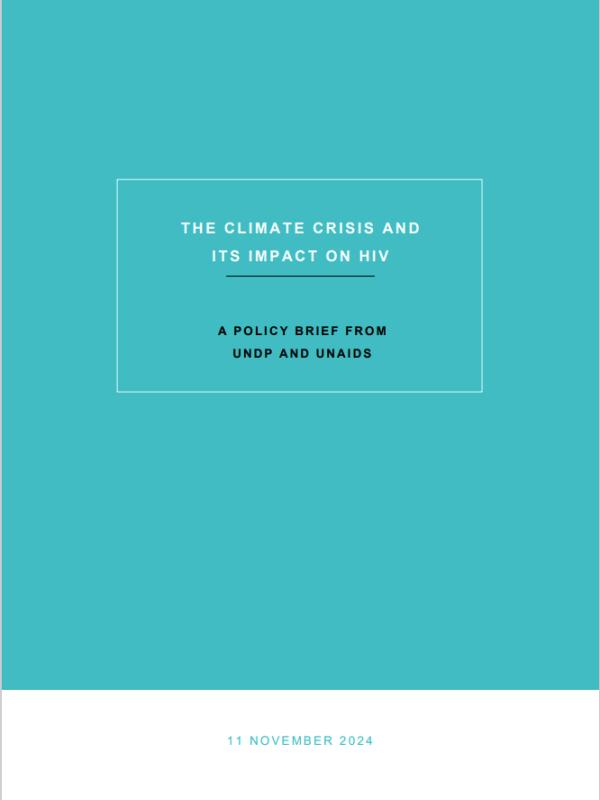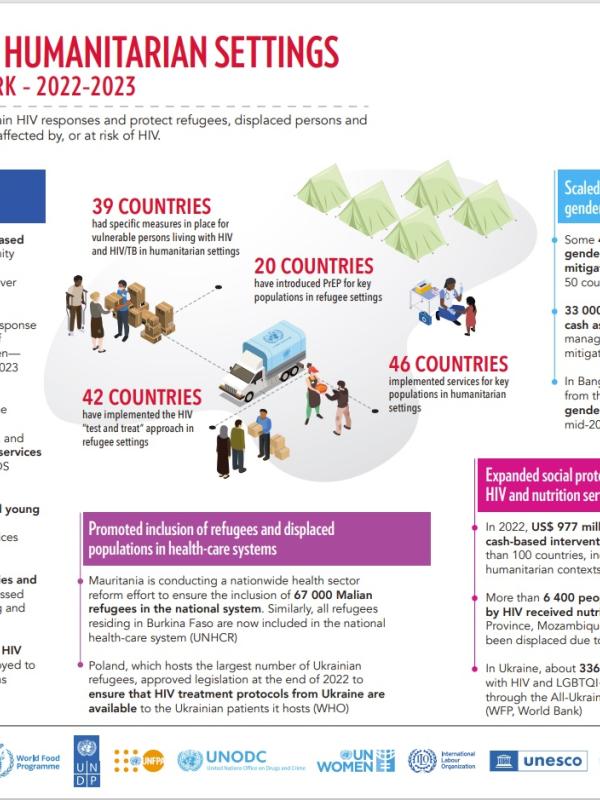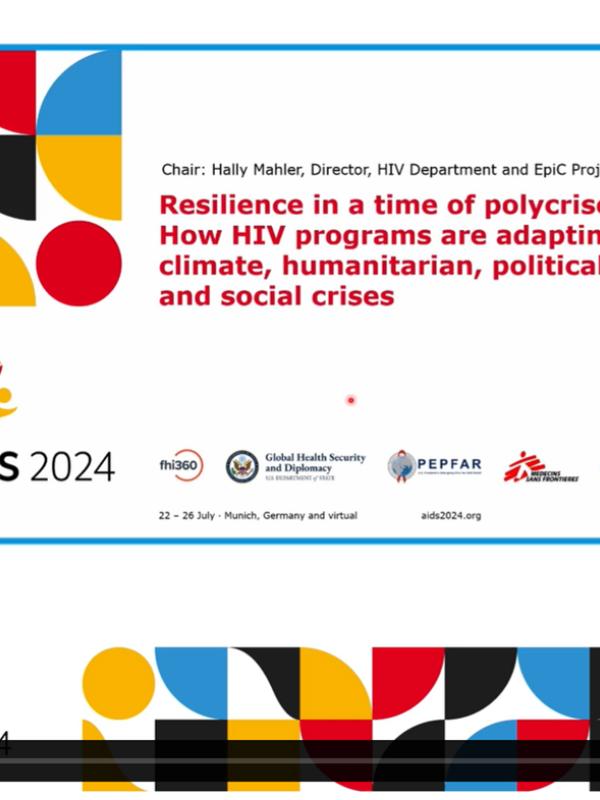The retention in care of patients undergoing antiretroviral therapy (ART) is a cornerstone for preventing AIDS-associated morbidity and mortality, as well as further transmission of HIV. Adherence to ART poses particular challenges in conflict-affected settings like the Central African Republic (CAR). The study objective was to estimate the rate of lost-to-follow-up (LTFU) and determine factors associated with LTFU among patients living with HIV under ART in CAR.
Continue readingThe Clinical Management of Rape and Intimate Partner Violence in Emergencies (CMRIPV) training curriculum is an in-person training package designed to equip health workers in humanitarian settings with the competencies to provide survivor-centered care, including clinical management, first-line support using the LIVES approach, and mental health interventions. Based on the 2020 WHO publication Clinical Management of Rape and Intimate Partner Violence Survivors: Developing Protocols for Use in Humanitarian Settings, this curriculum aligns with international standards and includes: - Structured session plans with interactive activities like role plays and case studies - Web Annex A: Facilitator Resources - Web Annex B: Participant Job Aids - Presentation slides for mini lectures
Continue readingThis policy brief highlights the interconnectedness of climate change and global health, emphasizing the urgent need for increased attention, investment, and action at the climate-health nexus. The brief calls for a more systematic approach to addressing the climate-health crisis, including the role of the Joint United Nations Programme on HIV/AIDS (UNAIDS) in supporting countries and communities. It provides an overview of how climate change affects HIV and offers policy directions for governments and specific roles for UNAIDS to enhance the effectiveness of climate and health initiatives.
Continue readingInfographic presenting some 2022-2023 results from the UNAIDS Joint Programme work on HIV in humanitarian settings.
Continue readingAcute and protracted climatic events, hostile anti-LGBTQI environments, and political and civil unrest threaten to reverse gains in HIV prevention and treatment outcomes and disrupt even the most agile and adaptive HIV services. Synergistically, these multiple crises - or polycrises - create barriers to HIV and other lifesaving services that are in greater demand as HIV risk, trauma, violence, and other economic and social stressors are exacerbated. This session will explore the HIV response in the context of polycrises and highlight actions that actors are taking to promote preparedness and mitigate negative impacts. Speakers will share how HIV programmes have adapted to ensure continuity of HIV prevention, care and treatment in addition to other critical services to vulnerable groups; gaps that persist; and ways forward. The session will conclude with a call to action for donors, policy makers, implementers and communities. The session was organized by FHI 360, Médecins Sans Frontières (MSF), World Health Organization (WHO), U.S. Department of State Bureau of Global Health Security and Diplomacy (GHSD) during the International AIDS Conference 2024.
Continue reading